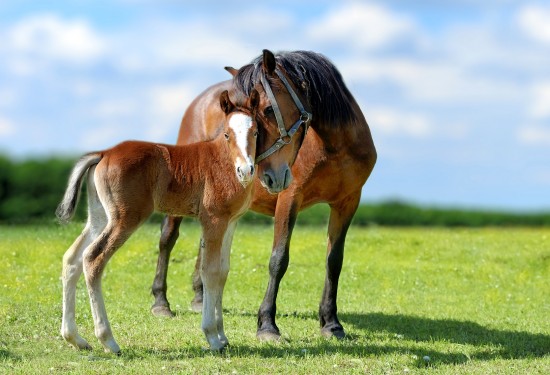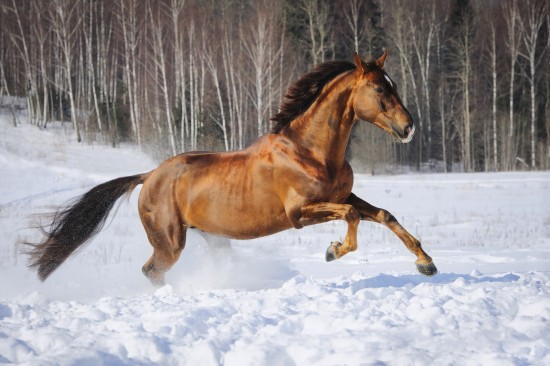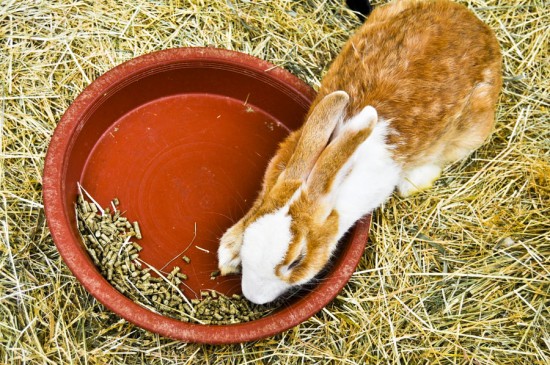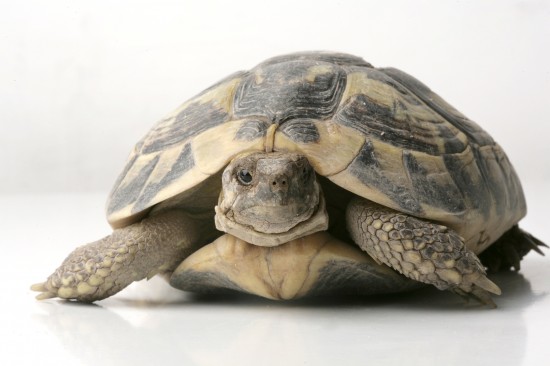

With the spring time fast approaching and hopefully the hotter summer months not far behind, it's time to think about all the shows and events you'd like to take your horse to. However, there are other things that inevitably come with the warmer weather which includes the fly problem and if you own a horse with a white or pink muzzle and that has pink skin around their eyes, protecting them from getting sunburn can be a real issue you have to deal with too.
Not only is sunburn a pretty painful condition for your horse to have to deal with, but as we all know the damaging rays of the sun can lead to skin cancer. Just as in humans, horses too can suffer from this terrible disease which is why it's really important for any exposed areas of skin on your horse's body and face need to be protected using an appropriate sunblock.
There are certain breeds that are more prone to sunburn than others, although any horse that has pink or lighter coloured skin anywhere on their faces and bodies are also just as susceptible to the painful effects of sunburn. The breeds more at risk include the following:
Mares in foal often experience a change in their hormones and as a result they can develop a real sensitivity to the effects of the sun. It's important for them to be kept in a shady area when the weather is hot on a cloudless day to prevent them from suffering any sunburn. The best solution is to turn them out early in the morning and bring them in when the sun is hottest at midday before turning them out again in the cooler evenings.
There are certain drugs and medicines which can also trigger a sensitivity to the sun, one of which is Tetracycline. If your horse has been put on a course of this, you need to make sure they are not turned out on a hot sunny day because it could lead to them getting badly sunburnt.
Horses with darker colouring are less at risk of getting sunburnt, but it always pays to be extra careful during the hotter summer months when the days are sunnier and longer. Not only can the sun bleach your horse's coat making them look dull and scruffy, but manes and tails can become a bit frizzy too!
The first signs of a problem is very much the same as it would be in people where their skin starts to look angry, sore and very red. If a horse's skin is not treated and protected as soon as possible, it quickly looks chapped and cracked. In very severe cases, their skin will blister which then becomes very painful and extremely sore and again if not treated, it can lead to a nasty infection. It is also much harder to treat sunburn if this happens, so prevention is much easier than cure.
One of the best ways to prevent your horse from getting sunburnt around their eyes, muzzle and face is for them to wear a fly mask and one that's designed to offer protection to their entire faces. Wearing a mask kills two birds with one stone, namely your horse being irritated by flies and the chances of them getting sunburnt. However, the mask has to be kept as clean as possible or it will become the perfect breeding environment for a whole host of bacteria. This means washing it every day and then making sure it is absolutely dry before your horse wears it again.
Even if you use a fly mask on your horse to protect them from the damaging rays of the sun, it's still a good idea to apply a sunscreen to the more susceptible areas of their faces, namely their muzzles and around their eyes. The reason being your horse may succeed in getting their fly mask off or a horse they are turned out with might pull it off of them!
There are horse specific sunscreens available, but they tend to be rather expensive and if you're on a budget the alternative is to purchase a high factor “people” sunscreen from your local chemist which tends to work out a lot cheaper. If you are at all in doubt as to which product to use on your horse, you should seek advice from a vet.
Some owners choose to keep their horses stabled when the sun is really hot during the day especially if they plan on doing a lot of showing during the summer months and need to keep their coats looking their best. However, you can also use a lightweight fly sheet which also protects their coat from the damaging rays of the sun really well.
A good balance is to turn your horse out early in the morning, but to bring them in again when the sun is at its highest in the sky at midday and then to turn them out again in the cooler evening when the sun is low in the sky again.
 Chicken Coop Fox Proof
In decided to write this article after a friend of mine
Chicken Coop Fox Proof
In decided to write this article after a friend of mine
 Tips On Taking Care Of Horses In Colder Weather
Tips On Taking Ca
Tips On Taking Care Of Horses In Colder Weather
Tips On Taking Ca
 Preventing Digestive Disorders In Your Rabbits
Preventing Digest
Preventing Digestive Disorders In Your Rabbits
Preventing Digest
 Dog Food And Your Dogs Health
Dogs have survived for thousands of years on meat and th
Dog Food And Your Dogs Health
Dogs have survived for thousands of years on meat and th
 How To Look After A Sick Or Dehydrated Tortoise
How To Look After
How To Look After A Sick Or Dehydrated Tortoise
How To Look After
Copyright © 2005-2016 Pet Information All Rights Reserved
Contact us: www162date@outlook.com